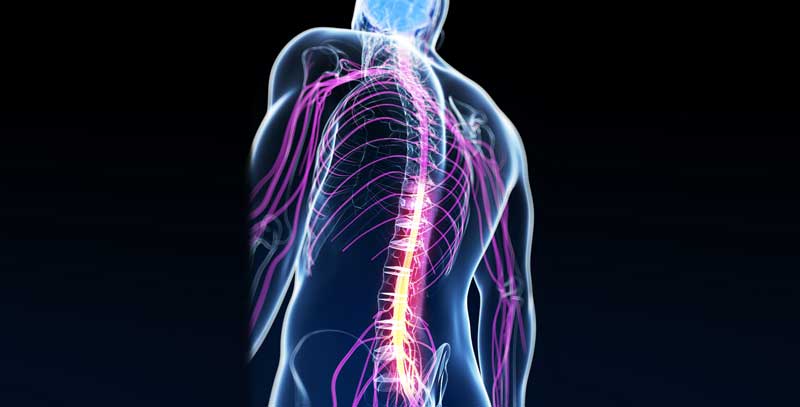
Neuromuscular Disorders
Types
There are several types of neuromuscular disorders such as -
- Muscular dystrophies
- Anterior horn cell disorders (such as SMA)
- Motor neuron diseases (such as ALS)
- Neuropathies
- Myopathies
- Neuromuscular junction disorders
Symptoms
Common symptoms of neuromuscular disorders include -
- Muscle weakness
- Fatigue
- Muscle wasting
- decreased muscle control
- decreased muscle control
- Twitching or cramping
- Impaired coordination
- Difficulties with mobility or daily activities
Causes
Neuromuscular disorders can be caused by various factors such as -
- genetic mutations
- Autoimmune responses
- Toxin and drug exposures
- Metabolic
- Unknown causes
These conditions generally affect the nerves that control muscle movement or the muscles themselves, leading to impaired communication between the nervous system and muscles.
Diagnosis
Diagnosing neuromuscular disorders involves -
- Combination of clinical evaluation
- Medical history
- Physical examination
- Specialized tests
These tests may include -
- Nerve conduction studies
- Electromyography (EMG)
- Genetic testing
- Muscle biopsies
- Laboratory investigations
- Imaging studies to assess the structure and function of muscles and nerves
Treatment
Treatment options for neuromuscular disorders focus on -
- Managing symptoms
- Slow disease progression
- Improve quality of life
Depending on the specific disorder, treatment may include
- Medications to alleviate symptoms
- Physiotherapy to maintain or improve muscle function
- Assistive devices to aid mobility
- Genetic counseling or gene-specific therapies in some cases.
Prognosis
Depending on the specific disorder, severity, and the individual's response to treatment, the prognosis for neuromuscular disorders varies widely. Some disorders may have a progressive course with significant impact on daily functioning, while others may be relatively stable or manageable with appropriate interventions. Regular medical monitoring and multidisciplinary care are important to optimize outcomes and address any complications or changes in symptoms.
General overview of neuromuscular disorders, and specific details and treatment options may vary for each condition. Consulting with healthcare professionals who specialize in neurology or neuromuscular disorders is essential for accurate diagnosis, appropriate management, and personalized guidance.
